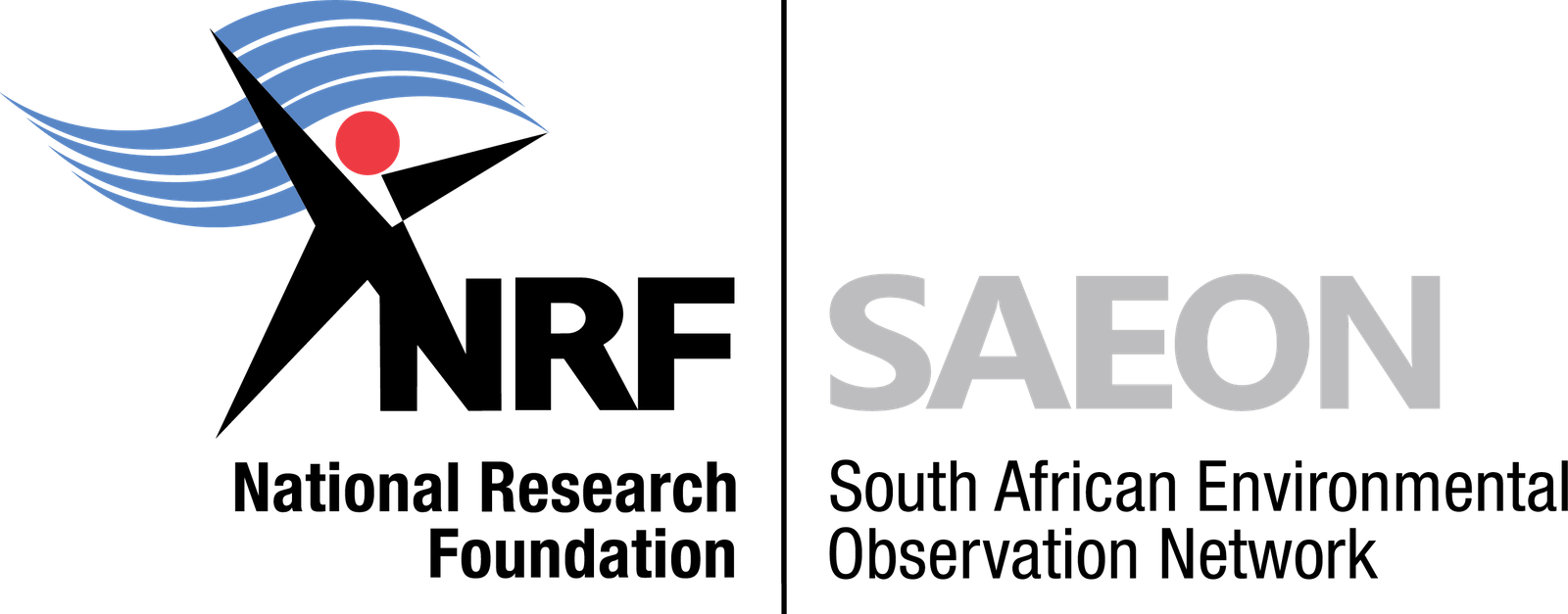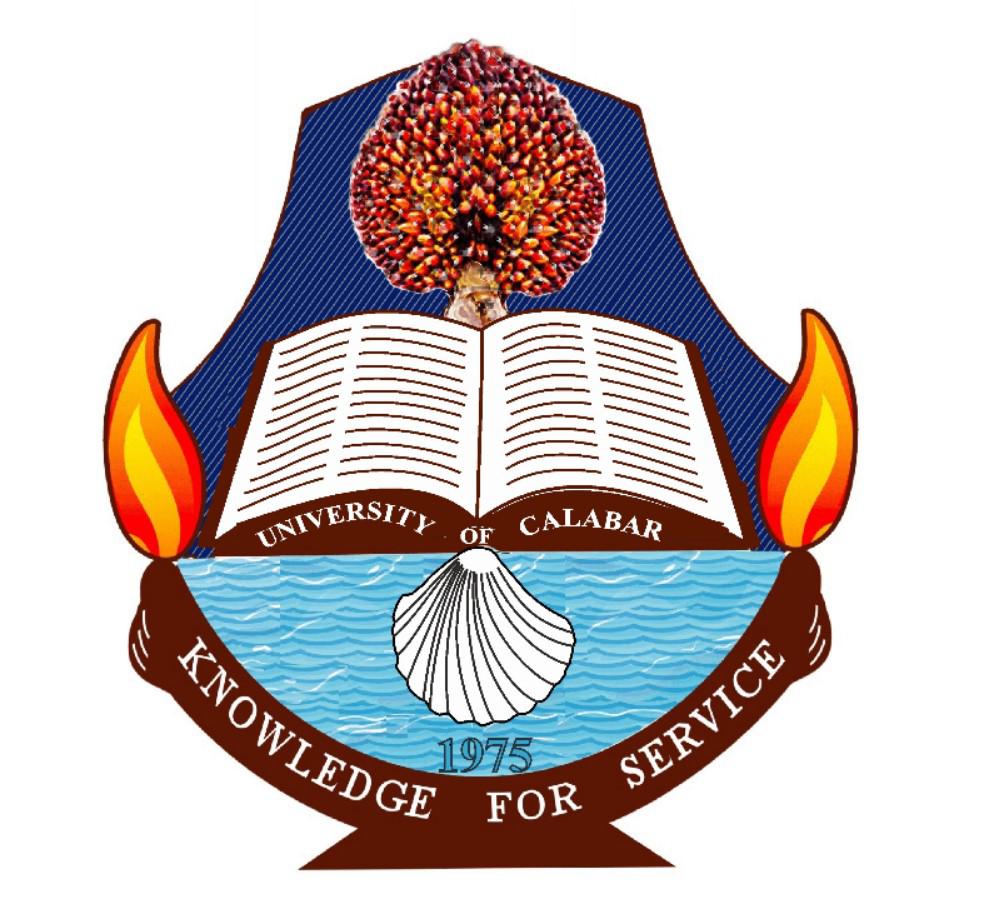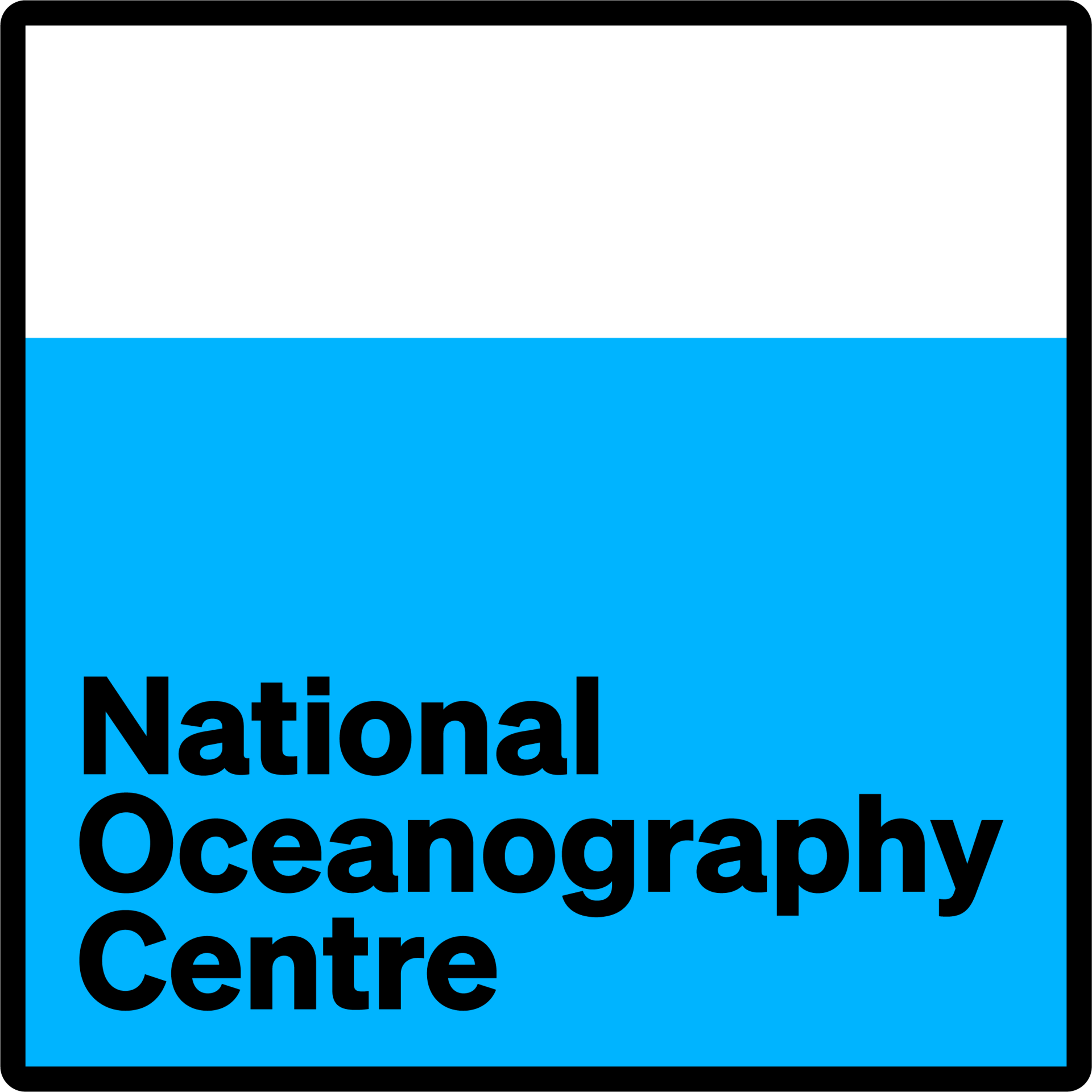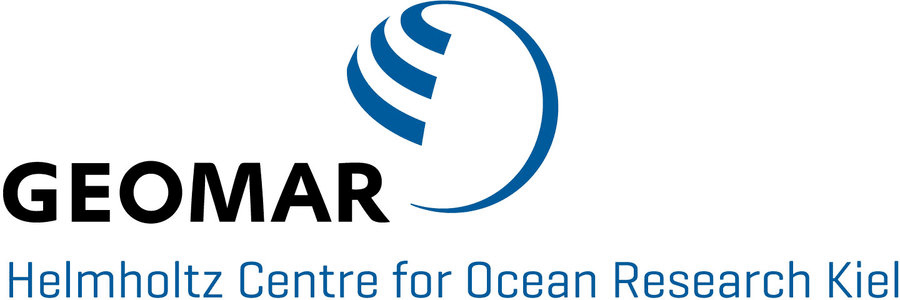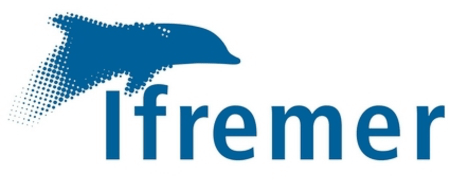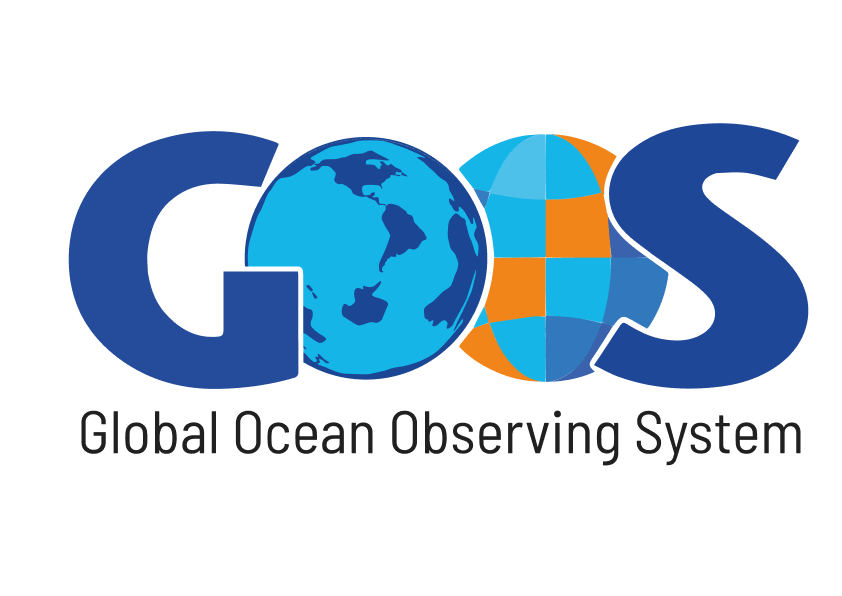Agulhas Current Observing System Design Workshop
(An EOV and impact based Boundary Currents Ocean Observing System)
Overview
Background and rationale
The Ocean plays a unique role in the complex system of the ocean, influencing the weather, climate, ocean circulation, global carbon cycle, and extreme weather patterns. Pressing societal needs for information and services require a re-assessment of the current system and a co-designed plan to mature the observing system to meet user needs. This proposal is to support a workshop as part of AtlantOS and the Ocean Observing Co-Design Programme. In this proposal we aim to organize a boundary currents workshop with a purpose to understand priority gap areas, develop observational requirements and a draft design of an ocean observing system to better understand key features in the Agulhas Current region that influence critical user areas e.g., Tropical Cyclones, Marine Life and Marine Heatwaves.
Boundary Currents are associated with major ocean currents and their dynamics are determined by coastlines and directly influence the understanding of regional weather systems, significantly impact marine heatwave and tropical cyclones and impacts the local fisheries and aquaculture.
An in depth stakeholder analysis was conducted [completed] and a scoping workshop [May 2024] organized to determine focus, user needs and the outline of the agenda. A Boundary Currents system workshop [September 2024] will determine priority gaps, recommendations and requirements for an ocean observing system linking the entire value chain. Lessons learned and reports from other initiatives, such as the Tropical Pacific Observing System (TPOS), will be used to inform the process.
Funds will be used to support the workshop and publication of the workshop report; however, outside funding was secured to ensure diverse stakeholder representation at the workshop. This project will be led in collaboration with the AtlantOS Steering Committee, the Ocean Observing Co-Design Program [UN Decade program] and All-Atlantic Ocean Research and Innovation Alliance.
Global Context
The AtlantOS vision is to foster international cooperation across the observing, modeling and stakeholder community in the Atlantic Ocean to improve and advance to an Atlantic Ocean observing system that is sustainable, adaptable and responsive to user needs, now and into the future. AtlantOS in close collaboration with the Ocean Observing Co-Design Program, Synergistic Observing Network for Ocean Prediction Project and others, aims to advance the Atlantic ocean observing system through co-design, by actively supporting collaborative partnerships among observing networks, data and information systems and the wider user communities, building on existing initiatives and past successes. Atlantic ocean observing systems that are co-designed will provide a fit-for-purpose observing system that ensures the interconnection of scientific experts across disciplines (i.e., observing, modeling, forecasting) and key user stakeholders. The success of such an approach has already been shown in projects such as TPOS and others and is a key driver of the UN Decade. The main challenges this activity contributes to is UN Decade challenge 7 “Ensure a sustainable ocean observing system across all ocean basins that delivers accessible, timely, and actionable data and information to all users” which has also been highlighted at the recent Global Ocean Observing System Steering Committee meeting in 2023.
This workshop aims to co-design an ocean observing system in the Agulhas Current off of the coast of South Africa, engage across observing – modeling/forecasting- policy and other users, and establish clear priorities for observations.
Relevance to POGO and fit with POGO’s Strategy
Like POGO, AtlantOS strives to articulate the benefits to society to build and sustain a fit for purpose ocean observing system. As noted below in “Workplan, Deliverables, and Milestones”, both the AtlantOS Network and this specific proposal are directly in line with POGO’s mission and strategy to attain it. AtlantOS shares the POGO values of “Research excellence and relevance, Equality, diversity and inclusion, Transparency and openness, Shared belief in science as critical to evidence-based decisions, Partnership and cooperation.” We share many of the same partners. AtlantOS strives to find ways to ensure – beyond this proposal – that we are living up to our own mission by thoughtfully partnering more with POGO going forward.
With the development of this requirements report, AtlantOS will provide co-designed [across the stakeholder community] targeted priorities and ways for investment and advancement of the observing system in the Atlantic. Further, it will directly serve stakeholders and develop a co-design process for other basins and involve stakeholders across the basin, directly addressing POGO’s mission 1 and 3. This activity and the resulting actions will reach and raise awareness of POGO and AtlantOS by promoting our shared mission goals and values as well as contributing to the innovation of the observing system.
This activity directly contributes to POGO’s mission 2 [developing skills, capabilities and capacities]. We will be developing a best practice on developing co-designed requirements and priority reports in collaboration with other communities [TPOS, Tropical Atlantic Observing System etc.]. In addition, a summary report of the UN Decade regional workshop recommendations has been completed and a stakeholder mapping analysis is currently underway to minimize duplication of efforts and maximize value of the workshop. Stakeholders reaching beyond the scientific community are going to be targeted to contribute to this report, including industry, end users, and early career professionals.
Work plan, deliverables and milestones
Funding for this activity is being pulled from various sources. The United States, DCC on Ocean Climate nexus and South Africa contributions to this activity are planned to be utilized to support travel for representatives around the Atlantic to enhance diverse representation at the workshop, contribute to Venue booking and Visual Storytelling. Additional resources are being sought out to support further stakeholder engagement [i.e., Industry, end users etc.]. If supported, the funds from this call would directly contribute to workshop support and the distribution of a report card highlighting the major outcomes of the report.
Funding for this activity is being pulled from various sources. The United States, DCC on Ocean Climate nexus and South Africa contributions to this activity are planned to be utilized to support travel for representatives around the Atlantic to enhance diverse representation at the workshop, contribute to Venue booking and Visual Storytelling. Additional resources are being sought out to support further stakeholder engagement [i.e., Industry, end users etc.]. If supported, the funds from this call would directly contribute to workshop support and the distribution of a report card highlighting the major outcomes of the report.
Measures of success will be further developed and tracked throughout the process and will include:
- # of country representatives on planning committee
- # of sectors [e.g., industry, fishing representative etc.] represented at workshop
- # of Early Career Professionals leading parts of the workshop
- Completion of the requirements report
- # of downloads of the report
- Completion of the report card
- # of workshop participants, gender balance, country balance
- Survey results on the impact of the report
| Milestones | Date to be reached | |
| 1 | Finalize draft stakeholder mapping | September 2023 |
| 2 | Stakeholder mapping out for comment e.g., Clivar, GOOS, Regional Alliances, IOCARIBE, GOOS focal points etc. | December 2023 |
| 3 | Development of potential key societal benefit areas in the Atlantic | October 2023 |
| 4 | Development of potential recommendations and priorities based on societal benefit areas based on previous workshops i.e., UN Decade Regional Workshops and GOOS focal point survey conducted by AtlantOS in late 2022 | December 2023 |
| 5 | Solicitation for organizing committee from various countries and background i.e., modeling, forecasting, private sector etc. | November 2023 |
| 6 | Save the dates for requirements workshop | March 2024 |
| 7 | Development of the Agenda and speaker list for scoping workshop online | February 2024 |
| 8 | Identification of host country and venue [Requirements workshop] | February 2024 |
| 9 | Set up process for travel support | April 2024 |
| 10 | Host scoping workshop online – to discuss the current list of recommendations, process, other areas of consideration and prioritization of societal benefit areas | June 2023, May 2024 |
| 11 | Develop draft Agenda for hybrid requirements workshop | July 2024 |
| 12 | Invite speakers and stakeholders to requirements workshop in 2024 | July 2024 |
| 13 | Requirements workshop | September 2024 |
| 14 | Development of Workshop report w/ requirements | November 2024 |
| 15 | Report Card development and push out | February 2025 |
Status: Complete Project
Year: 2023 - 2025
Project Participants
Leader
- Jessica Snowden, Global Ocean Monitoring and Observing Program, OAR, NOAA, USA
- Tammy Morris, NRF-SAEON, South Africa
Participants
- Christine Sams, NOC, UK
- Penny Holliday, NOC, UK
- Ann-Christine Zinkann, NOAA, USA
- Maria Paz Chidichimo, Consejo Nacional de Investigaciones Científicas y Técnicas (CONICET) and Servicio de Hidrografía Naval and CNRS – IRD – CONICET/UBA Instituto Franco-Argentino para el Estudio del Clima y sus Impactos, Argentina
- Isabelle Ansorge, University of Cape Town, South Africa
- Brad deYoung, Memorial University, Canada
- Gleyci Aparecida Oliveira Moser, Universidade do Estado do Rio de Janeiro, Brazil
- Isabel Sousa Pinto, Ciimar and University of Porto, Portugal
- Renellys Perez, NOAA/AOML, USA
- Martin Visbeck, GEOMAR Helmholtz Centre for Ocean Research Kiel and Kiel University, Germany
- Lucie Cocquempot, Ifremer, France
- Francis Emile Asuquo, University of Calabar, Nigeria
- Virginia Polonio Povedano, Control Union UK, UK
- Patrick Gorringe, Swedish Meteorological and Hydrological Institute (SMHI), Sweden
- David Legler, NOAA, USA
- Sabrina Speich, Physical Oceanography & Climate Sciences, Institut Pierre-Simon Laplace, France
- Emma Heslop, Global Ocean Observing Program, IOC UNESCO, France
- Yosuke Fujii, Meteorological Research Institute, Japan Meteorological Agency · Department of Atmosphere Ocean and Earth System Modeling Research, Japan
- Elizabeth Remy, Mercator Ocean, France

